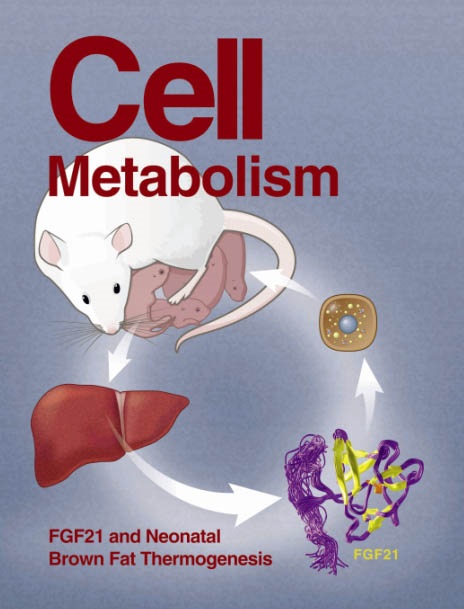Xylulose 5-phosphate fosters sustained antitumor activity of progenitor-like exhausted SLC35E2+ CD8+ T effector cells
IF 30.9
1区 生物学
Q1 CELL BIOLOGY
引用次数: 0
Abstract
Metabolic adaptations involved in tumor metastasis and immune evasion merit investigation. Here, using in vivo metabolic CRISPR/Cas9 knockout screening, we identified xylulokinase (XYLB) as a tumor suppressor that impairs lung colonialization by producing xylulose 5-phosphate (Xu5P), which promotes CD8+ T cell cytotoxicity. Mechanistically, CD8+ T cells express relatively high levels of solute carrier family 35 member E2 (SLC35E2), a homolog of the plant Xu5P transporter, to facilitate Xu5P uptake and subsequently intensify the pentose phosphate pathway and glycolysis for energy/redox balance. Furthermore, we revealed that Xu5P potentiates CD8+ T cell response by promoting Xu5P-responsive progenitor-like SLC35E2+ CD8+ exhausted T cells via tet methylcytosine dioxygenase 3 (TET3)-mediated DNA demethylation of the Tcf7 promoter. Clinically, elevated XYLB or blood Xu5P correlates with enhanced CD8+ T cell efficacy and reduced metastasis. In murine models, Xu5P supplementation or adopting Xu5P-rich diets synergizes with anti-PD-1 therapy to enhance antitumor immunity. These findings offer insights into the potentiality of dietary interventions for metastatic cancer.

5-磷酸木糖糖促进祖细胞样衰竭SLC35E2+ CD8+ T效应细胞的持续抗肿瘤活性
参与肿瘤转移和免疫逃避的代谢适应值得研究。在这里,通过体内代谢CRISPR/Cas9基因敲除筛选,我们发现木糖激酶(XYLB)是一种肿瘤抑制因子,它通过产生木糖5-磷酸(Xu5P)来损害肺定植,从而促进CD8+ T细胞的细胞毒性。从机制上说,CD8+ T细胞表达相对较高水平的溶质载体家族35成员E2 (SLC35E2),这是植物Xu5P转运蛋白的同源物,促进Xu5P的摄取,随后加强五糖磷酸途径和糖酵解,以实现能量/氧化还原平衡。此外,我们发现Xu5P通过tet甲基胞嘧啶双加氧酶3 (TET3)介导的Tcf7启动子的DNA去甲基化,促进Xu5P应答的祖细胞样SLC35E2+ CD8+枯竭T细胞,从而增强CD8+ T细胞应答。在临床上,XYLB或血Xu5P升高与CD8+ T细胞疗效增强和转移减少相关。在小鼠模型中,补充或采用富含Xu5P的饮食可与抗pd -1治疗协同增强抗肿瘤免疫。这些发现为饮食干预转移性癌症的可能性提供了见解。
本文章由计算机程序翻译,如有差异,请以英文原文为准。
求助全文
约1分钟内获得全文
求助全文
来源期刊

Cell metabolism
生物-内分泌学与代谢
CiteScore
48.60
自引率
1.40%
发文量
173
审稿时长
2.5 months
期刊介绍:
Cell Metabolism is a top research journal established in 2005 that focuses on publishing original and impactful papers in the field of metabolic research.It covers a wide range of topics including diabetes, obesity, cardiovascular biology, aging and stress responses, circadian biology, and many others.
Cell Metabolism aims to contribute to the advancement of metabolic research by providing a platform for the publication and dissemination of high-quality research and thought-provoking articles.
 求助内容:
求助内容: 应助结果提醒方式:
应助结果提醒方式:


